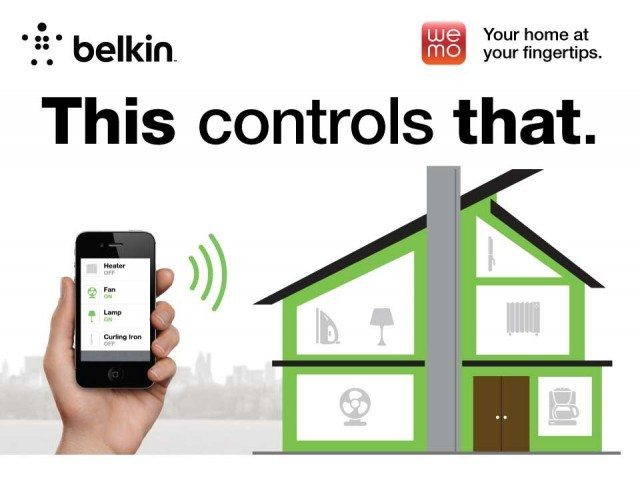By SAPNA MAHESHWARI
April 12, 2017
In the latest example of marketers entering the living room, Burger King will release television commercials on Tuesday that are intended to prompt voice-activated smart speakers from Google into describing its burgers — after the 15-second spots end.
A video from one of the fast-food chain’s marketing agencies showed the stunt in action: “You’re watching a 15-second Burger King ad, which is unfortunately not enough time to explain all the fresh ingredients in the Whopper sandwich,” the commercial’s actor says. He continues, “But I got an idea. O.K. Google, what is the Whopper burger?” Prompted by the phrase “O.K. Google,” the Google Home device next to the TV in the video lights up, runs a search and states its ingredients.
It’s a novel but potentially invasive marketing tactic that comes as more Americans use smart speakers in their homes, a trend led by Amazon’s Echo device and its virtual assistant, Alexa. Internet-connected gadgets have been praised for the screen-free convenience they offer for actions like ordering household goods and listening to music, but they have also raised serious questions about security and privacy.
Amazon and Google have said their speakers, which are often left on, only process people’s speech after registering certain “wake words,” such as “Alexa” or “O.K. Google,” which is what Burger King seized on.
“With the onset of consumers buying intelligent system devices and using them at home, we thought this was a good way to make a connection and go directly to guests and tell a story about our product,” José Cil, president of Burger King, said in an interview.
Asked whether he was concerned that consumers might find the spot invasive, he said, “We think about our guests’ perception and their perspective on how we interact with them, but on balance we felt this was a really positive way to connect with them.”
The commercial, which will run Wednesday on networks like MTV and Bravo and late-night shows starring Jimmy Fallon and Jimmy Kimmel, provides another example of marketing on Google Home in the past month, though in this case, Burger King said Google was not involved. A few weeks ago, some devices apparently played brief, unexpected promotions for Disney’s new “Beauty and the Beast” movie, right after sharing the weather forecast and commuting conditions.
A Google spokeswoman said that the promotion “wasn’t intended to be an ad,” and was part of a feature that provides daily information to Google Home users and sometimes shares “timely content.” She added, “We’re continuing to experiment with new ways to surface unique content for users and we could have done better in this case.”
Google confirmed it was not involved in Burger King’s ad and declined to comment further.
More often, companies are trying to avoid waking the devices through the TV. Google, which released Home in November, accidentally set off some speakers recently with its Super Bowl commercial. Earlier this year, a TV news station’s report on a 6-year-old girl’s accidental purchase of a dollhouse through Amazon Echo used the word “Alexa,” and inadvertently set off its own round of attempted orders from viewers.
Amazon, which has run many TV ads that use the word “Alexa,” said in an emailed statement, “Given the nature of far-field wake-word technology, live discussions about Echo and Alexa can trigger an on-device response.” It added that it alters Alexa ads to “minimize Echo devices falsely responding in customer’s homes.”
Mr. Cil did not have an estimate for how many TV viewers with Google Home the brand may reach. “Whether it’s one person or several million that connect with us through this initial breaking of the fourth wall, we’re excited to give it a shot,” he said.







